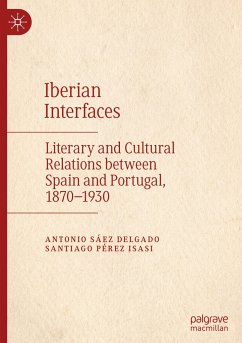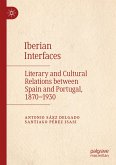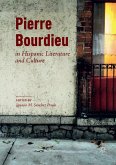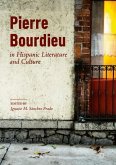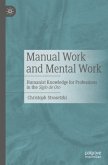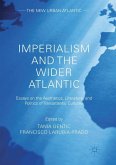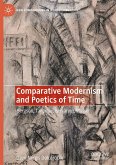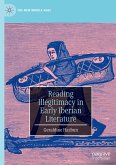This book explores a key historical moment for literary and cultural relations between Spain and Portugal. Focusing on the period between 1870 and 1930, it analyses the contacts between Portuguese and Spanish writers and artists of this period, showing that, at least among the cultural elites, there were intense and fruitful dialogues across political and linguistic borders. The book presents the Iberian Peninsula as a complex and multilingual cultural polysystem in which diverse literary cultures coexist and are mutually dependent upon each other. It offers a panoramic view of Iberian literary and cultural history, encompassing not just Portuguese and Spanish literary productions, but also Catalan, Galician and Basque works. Combining a clear theoretical foundation with deep historical knowledge and references to specific texts and works, the book offers a thorough introduction to Iberian literature in the late nineteenth and early twentieth century.

